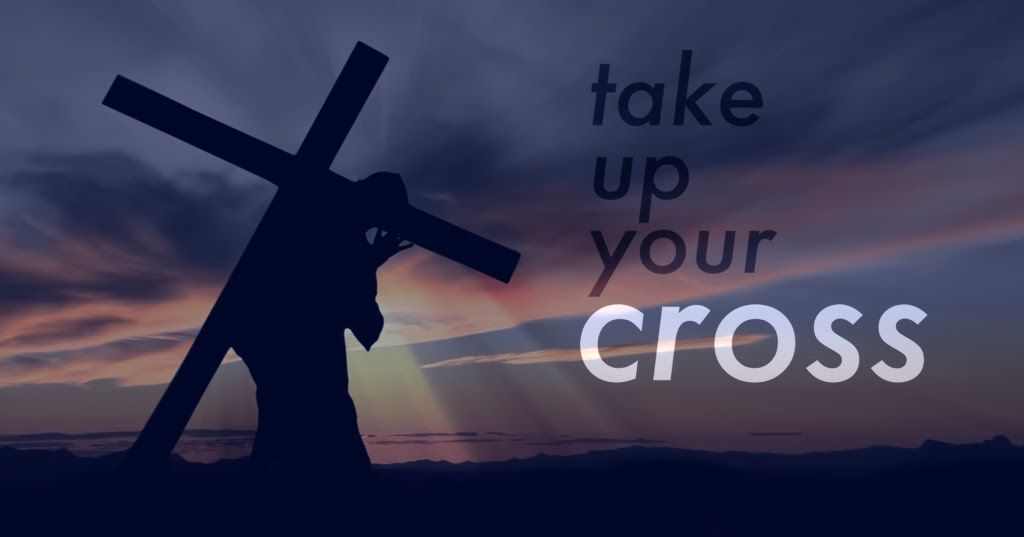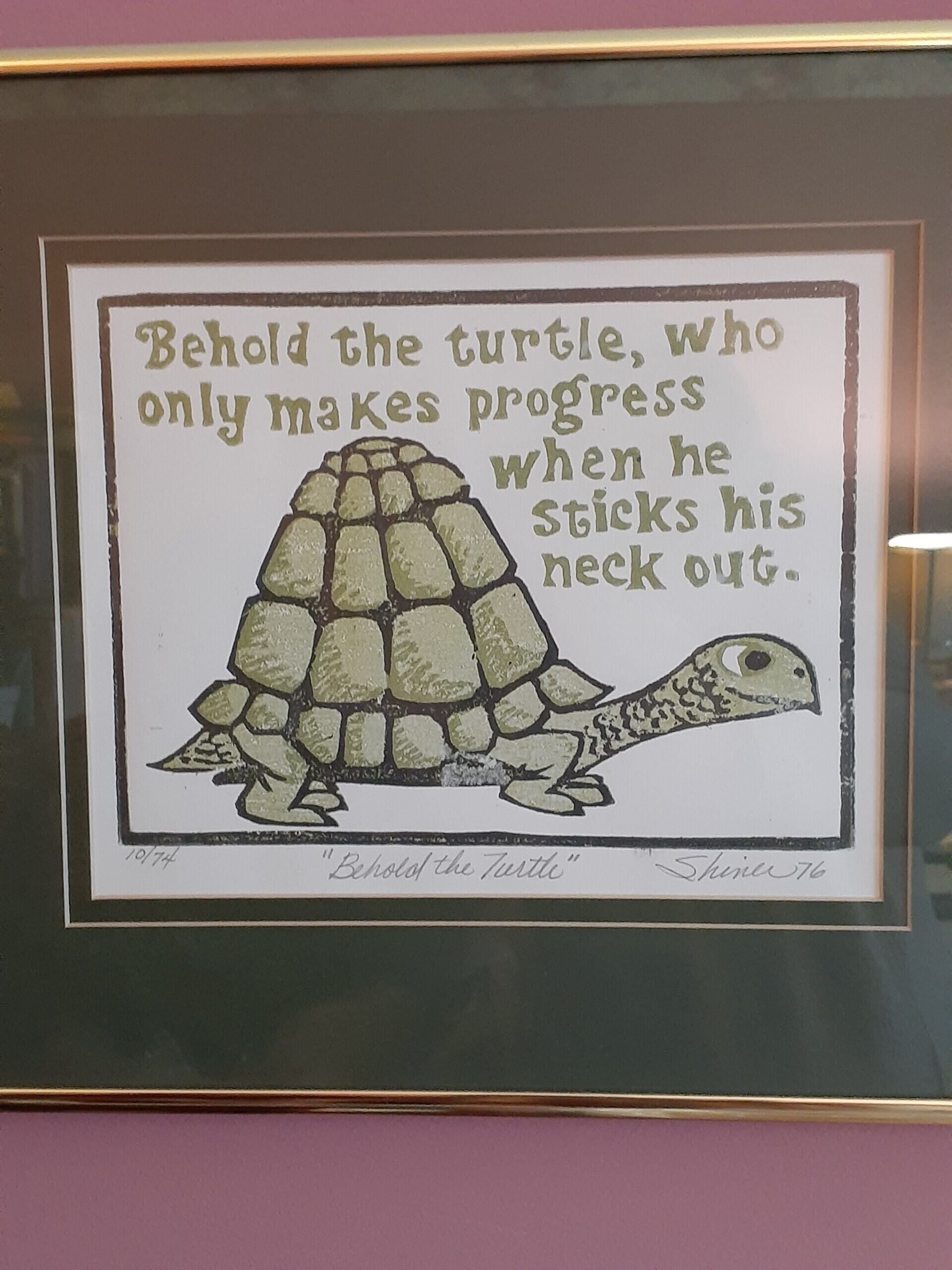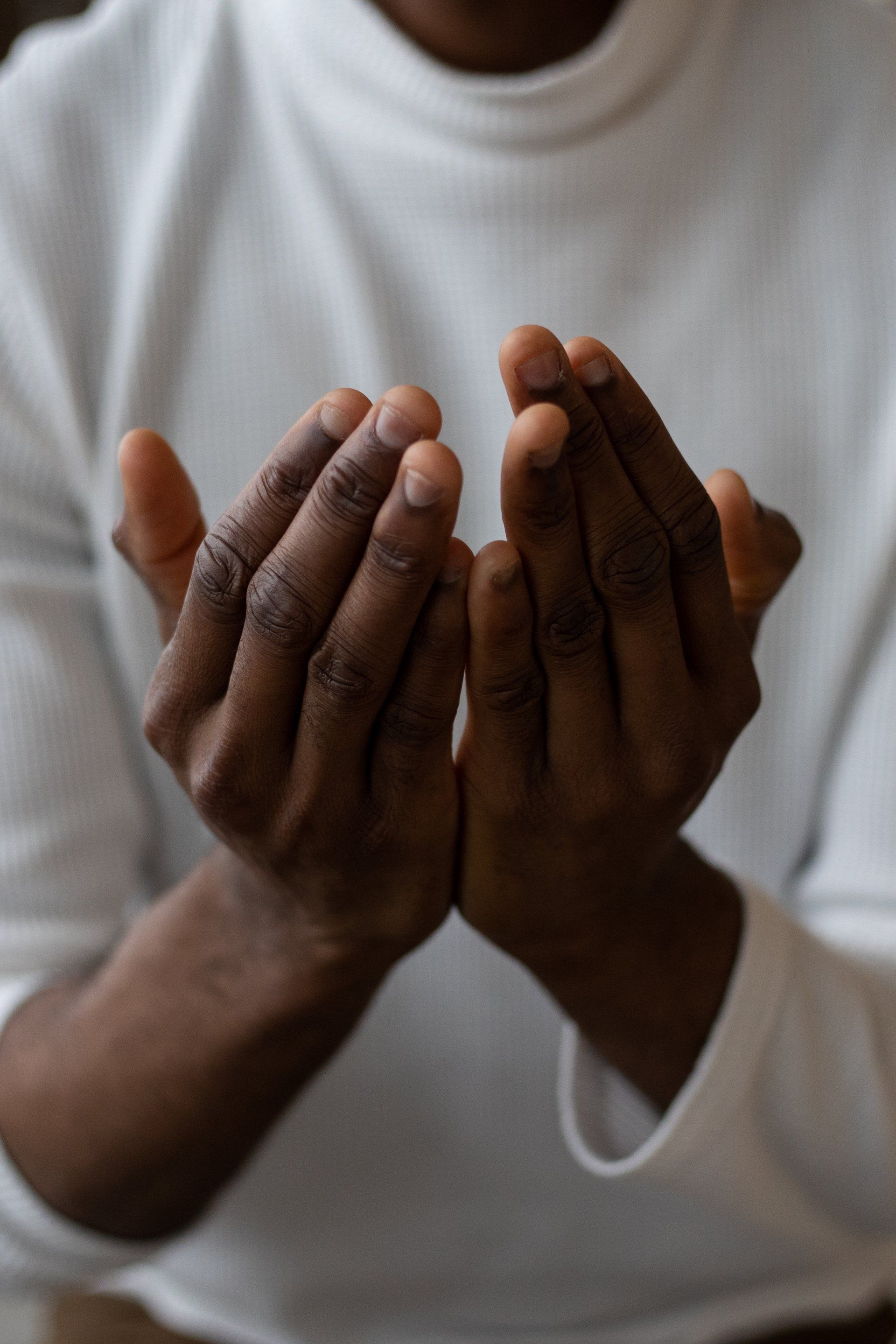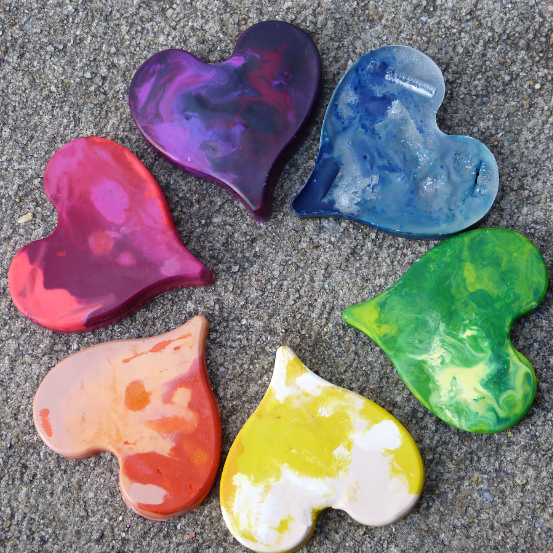A sermon about diversity and seeing all colors of people.
Luke 4: 14-21 Rev. Dr. Galen E. Russell III
1 Corinthians 12: 12-31a January 26, 2025
“Today this scripture has been fulfilled in your hearing.”
As it is, there are many members, yet one body.
Now you are the body of Christ and individually members of it.
Prayer: May the words of our mouths and the meditations of our hearts be acceptable to you, O Lord, our rock and our Redeemer. Amen.
It’s been a long time since my youth ministry days, but back in the day, I taught a high school Faith Formation class called “Sounds of Faith Today.” One song I used was by En Vogue called “Free Your Mind.” The first verse calls out stereotyping and racism and the way people pre-judge others. Which led to the words of the chorus “Why, oh why must it be this way? Before you can read me, you got to learn how to see me. Free your mind, and the rest will follow. Be colorblind, don’t be so shallow.”
I really liked those words back then. Be colorblind. They spoke a faith message to me. They still do in certain respects. Because acceptance of people should not be based on the color of their skin. We’re invited to see everyone as the same without color’s influence.
But colorblindness also has its weaknesses. It can stop us from seeing the beauty of people in the infinite amount of colors and shapes and sizes we come in. It can lead us to devalue diversity. It prevents us from seeing the uniqueness that each person brings. It’s difficult to see the beauty of the kaleidoscope or the mandala of humanity if you’re color blind.
So I wonder if we can combat racism and stereotyping and prejudice and bigotry not by being colorblind, but by seeing all the colors! By accepting, welcoming, embracing all the nuances and shades and tones of people. Saying We’re so different, but so what? Or Who cares? Or We’re so different, but whatever!
All that is to say that this passage by Paul to the Corinthians if taken by itself is meaningful because he’s basically saying that God’s plan is to have everyone be part of the body of Christ. But to me I think it has even more meaning when you know that Paul wrote these words as a response to the intense dissension they faced. They argued. They were mad at each other.
Some people loved the idea that Christ was a Jew and came for the Jewish people, and everyone who believed in Christ had to be the same. A Jew. That’s called faith homogeneity. You had to first be a Jew or become one, and follow Jewish laws to have God’s grace. You could not be part of God’s salvation or part of the body of Christ unless you were a Jew. Everyone the same. I’ll circle back to faith homogeneity in a minute. But Paul said No to faith homogeneity. He said you didn’t have to be a Jew or follow Jewish laws to be a part of God’s salvation. You could be part of the body of Christ even if you came to Christ from different paths. You have to be blind to a homogenous faith.
That’s why Paul used the body parts as a metaphor in this passage. Just as the hand, or eye, or foot are part of the body and has a purpose, so every member of Christ’s body is included and has a purpose.
What he meant I think was that the body of Christ is full of many members baptized and touched by the one Spirit. All belong, especially because of the differences. Everyone brings many gifts. Each has purpose. Every member cares for one another. Every member suffers when one suffers and all rejoice when one rejoices. As it is, there are many members, yet one body. That’s called faith heterogeneity.
It’s like the toolbox I have in my workshop. Can you imagine if every one of my tools was a some kind of wrench? Or if I had all screwdrivers? Or all saws? My tool box would be almost useless. As it is, my toolbox has many tools, but it’s one tool box.
Or can you imagine if the Philadelphia Eagles was made up of only quarterbacks? Where would Saquon Barkley be? Or Dallas Goedert? The team certainly wouldn’t be in the playoffs! As it is, there are eleven positions, but one team. Go Birds!
Or the full beauty of an orchestra would be lost if the trumpets were not a part of it. Or if the violinist said to the flautist, “You’re not needed in the orchestra.” Even different instruments in the orchestra read a different musical language. The sheet music for percussion instruments looks totally different from the music the piano player reads. I remember back when I was in high school, as a singer, I only knew treble clef and bass clef. I was totally astounded to find out that there is an alto clef and a tenor clef for the violins and cellos. Which I can’t read. As it is, the orchestra has many instruments, many musical languages, but it’s one orchestra. With one conductor. Our annual meeting shows we have lots of ministries in our church, but as it is, we are one church.
You see where I’m going with this? Push it further and we see that our nation is full of diverse people. Natural born citizens. And immigrants. Documented and undocumented. There are literally hundreds of nationalities, ethnicities, cultures and lifestyles. Many languages are spoken. Many ancestral roots are the bases for rich and vibrant heritages. Many are contributors to our society. We are many, but one nation.
That is why, my dear loved ones in Christ, it is the opposite of unexciting religiosity that causes me to speak against the deportation of undocumented immigrants from our country, especially on the grounds that they are committing violent crimes in our neighborhoods. The fact is most of the violent crimes committed in our neighborhoods are committed by our citizens according to the National Institute of Justice, Undocumented Immigrant Offending Rate Lower Than U.S.-Born Citizen Rate | National Institute of Justice.
It is not vapid faith to speak against the removal of restrictions for Immigration and Customs Enforcement (ICE). ICE now has nothing to stop them from raiding our children’s schools, or hospitals, or churches in search of villainous immigrants, according to ABC News 'Nothing is off limits': Public school communities brace for ICE raids - ABC News. It’s a vibrant, exciting faith that causes me to speak. It’s faith heterogeneity that influences us in all areas of our lives, including our political and cultural issues.
And it’s our heterogeneous faith that causes us to say that you are the body of Christ and individually members of it. That we’re so different, but whatever!
So, maybe with vibrant faith we can stop believing the rhetoric that only the accepted people can be part of the body of Christ. Only the pure. Only the contributor. Only the faithful. Only those living socially acceptable lifestyles.
Because the truth of the gospel is that Jesus had the Spirit of the Lord come upon him. And that he fulfilled the ancient words from Isaiah—that God desires to embody a new covenant. Jesus embodied that new covenant. That Jesus is the one who brings good news to the poor, release to the captives, sight to the blind, freedom for those oppressed.
Today, this scripture is fulfilled in our hearing because if we’re honest, everyone one of us is poor in spirit at times. I am. Every one of us can get caught up by our guilt that comes from our mistakes. You know what I mean? Each is blind sometimes in our understanding of things. Some of us know the oppression by systemic injustices and methods of unfairness.
But right here is where faith homogeneity comes in. It still speaks a faith message that is profound especially when we feel guilt, or stress, or oppressed, etc. So, what’s the part of our faith that is homogenous, that stays the same?
It’s the part that is the greater gift that Paul refers to right at the end of our 1 Corinthians passage. And the end of our passage is the end of chapter 12. And what is chapter 13 of 1 Corinthians about? We know it mostly from wedding ceremonies. The 13th chapter of Corinthians is called the “Love Chapter.” Love is the greater gift. Love is the basis for a homogenous faith. It’s the basis for grace. And when we care for one another. Love is the foundation for showing mercy, and practicing forgiveness.
If there is any place on our journeys where we ought to be the same, faithfully homogenized, it is when we practice love. When love filters into all our decisions and influences all our actions. Love is the bond that holds all of us in the body of Christ. It’s the way of Christ. We are one in the body of Christ through love. So, when we walk with each other, hand in hand, when we work with each other, side by side, do so in love. And we’ll know and lots of other people will know that we are Christians by our love. Amen.
“They’ll Know We are Christians By Our Love”









